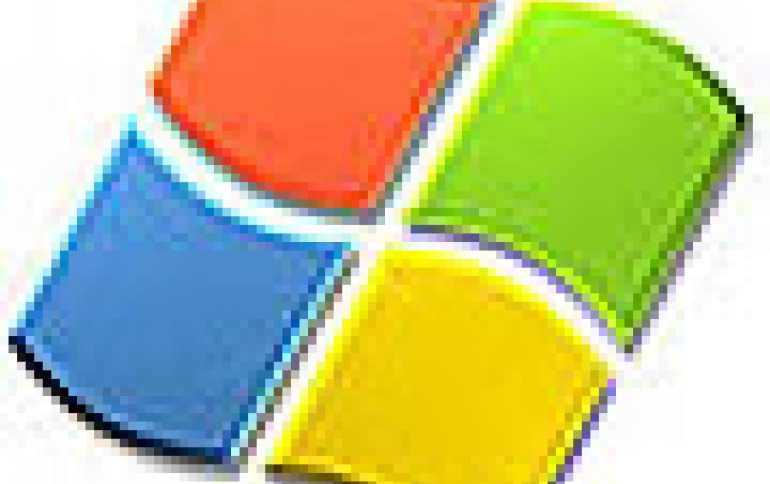
Windows Media Center 2005 Preview
Microsoft's new Windows XP Media Center 2005 operating system has new features that help a PC compete with consumer electronics devices in the living room.
Features that turn a PC into a home server capable of feeding audio and video to multiple devices on a wireless network. We tried out a preproduction PC with the new operating system.
Entertainment tonight
As did the previous version released in 2003, Media Center 2005 plays DVD movies, tunes in and records television programming, and manages your digital music library. It behaves like an application: Set it to start with Windows, or shut it down to make the desktop look -- and work -- like any other Windows XP box.
All Media Center 2005 PCs have TV-tuner cards carrying one or two discrete tuners. With two tuners, you can simultaneously watch one show and record another (or simultaneously record two shows). Even with a single-tuner card, though, the operating system lets you pause live television.
Analogue TV should look better on new Media Center PCs than on the first-generation machines. The tuner cards in 2005 models compress live TV signals at a variable bit rate of up to 9MBps, surpassing the fixed 6MBps rate of last year's media PCs. Comb filters are used to improve the look of standard-definition signals.
In addition, you can burn DVDs from within Windows Media Center 2005 -- which you couldn't do with the first release. Just right-click your mouse or click a button on the Media Center remote to bring up the Create CD/DVD command. DVD and CD burning worked perfectly on our test system, except when we tried to burn an HD clip. In that case, the OS wouldn't allow burning to a video DVD, only to a Windows Media file.
TV anywhere
You can take advantage of Media Center features with other computers throughout the house, as well as with Media Center Extender devices. Extenders pull digital audio and standard-definition video (HDTV may be added in the future) over either an 802.11a or an 802.11g wireless network and play them through a stereo or TV.
Dell, HP, Linksys, and Tatung, among others, will sell Extender devices. Dell's version will reportedly cost $275 (around £160); an Extender kit for Microsoft's Xbox will cost $80 (£45).
Most media PCs use Pentium processors, but Alienware says it will outfit at least some boxes with AMD Athlon 64 CPUs. To see whether the new OS hurts performance, we ran WorldBench 5 on a Media Center 2005 system, and then reran the benchmark on the same PC but with Windows XP Home (and the latest component drivers) installed.
We found virtually no difference: with Media Center, the PC had a WorldBench 5 score of 81, while with Windows XP Home its score was 82, close enough for us to call it a wash.
From DIGIT





















